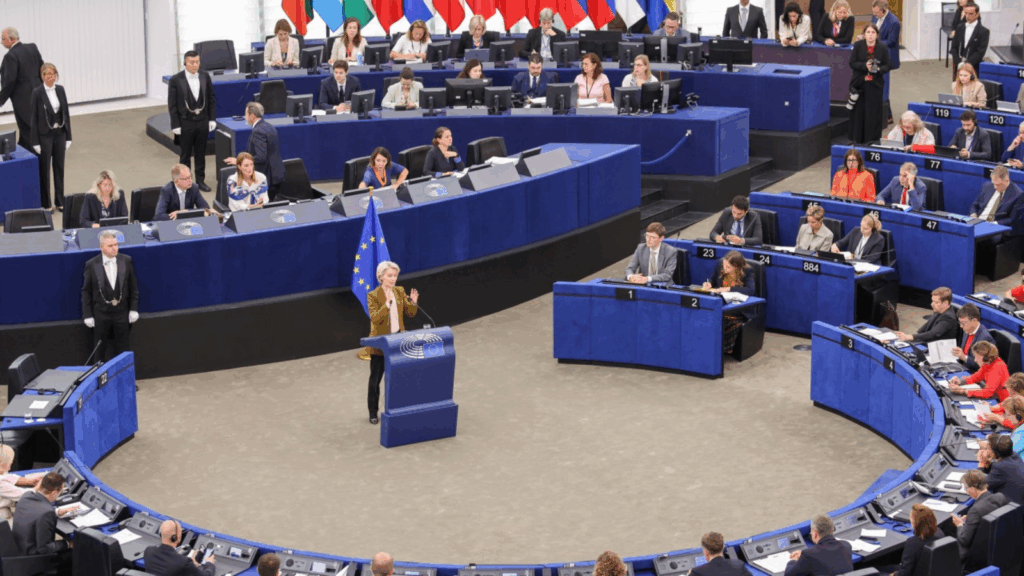On the 7th of June the Commission has proposed an annual EU budget of €185.6 billion for 2023, to be complemented by an estimated €113.9 billion in grants under NextGenerationEU. The EU budget will continue to mobilise significant investments to boost Europe’s strategic autonomy, the ongoing economic recovery, safeguard sustainability and create jobs. The Commission will continue to prioritise green and digital investments while addressing pressing needs arising from recent and current crises.
On the 8th of June the MEPs Committee on Budget found that the proposed 2023 budget is not equipped for current geopolitical and other challenges and demand an urgent revision of the Multiannual Financial Framework. MEPs will now look into the proposal in detail. The European Parliament wants a budget that meets the expectations of citizens and the demands of the current geopolitical scenario. The EU’s budget is restricted, and MEPs urgently require a revision of the MFF to restore the EU’s diminishing resources. The Parliament’s priorities are: the economic recovery, health, youth and climate action, and dealing with the impact of the invasion of Ukraine.
Next steps
Parliament will vote its position for the budgetary negotiations during October. The 21-day conciliation period then runs from 25 October to 14 November. If no agreement between Parliament and Council has been found by the end of the conciliation period, the Commission must propose a second draft budget, and negotiations continue.
You can find the detailed breakdown per country at the European Parliament’s website.
To learn more about current calls for proposals or Eurodiaconia’s funding events, please don’t hesitate to get in touch with our our Projects and EU Funding Officer Giorgia Signoretto at .



